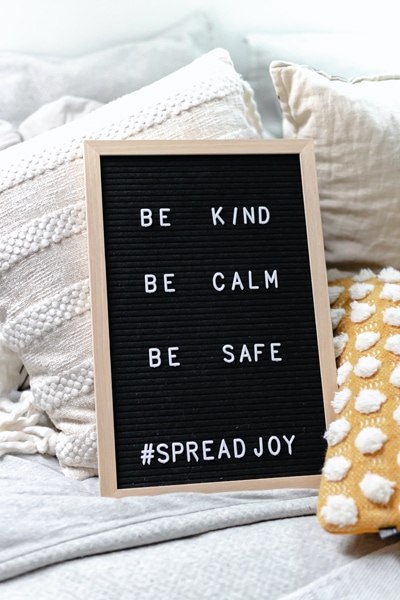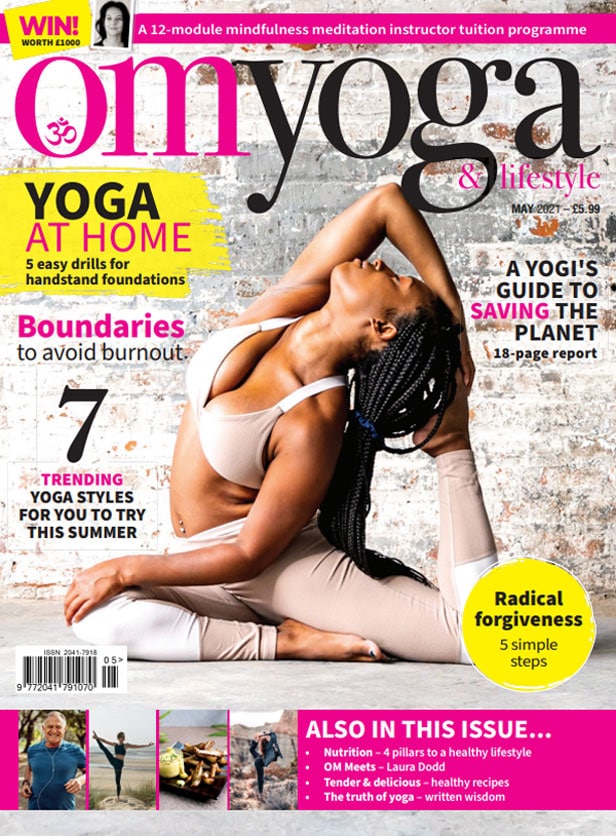
Radical forgiveness
How to practice radical forgiveness: five simple steps. By Sarah Marie Liddle
Affirm: “When I forgive, I flourish.” Forgiveness is the basis of A Course in Miracles, which suggests that forgiveness is the foundation for inner peace. For over a decade I have worked as a life coach, and what I have observed is that the person we most need to forgive is ourselves. To forgive we must understand that the problem does not lie outside of ourselves but is within. The grievances we hold are not in some event, or with some person; the grievances we hold we have because of the stories we continue to dwell in.
We must understand the person we feel wronged by may have done something bad to us but also realise that they are not inherently bad. No person is all bad or all good. All people have kind hearts, but sometimes people do behaviours that are wrong or harm another. The person is not bad; however, their behaviours may be.
We have all done something which hurt another at one time in our life; it’s not that you are a bad person, but rather you forgot your truth.
You have forgotten that at the very core of your essence is a kind and loving being. Your heart is nothing but love.
People who do harm to others are separated from their truth, their inner love. If we hold the idea that the person did something wrong to us then we validate their lie — their disconnection from love. If we validate their behaviours, we are om mind validating the separation of love. A Course in Miracles suggests: “Nothing real can be threatened. Nothing unreal exists.” This leads to the concept that all things are love, and if they are not love, they are fear, and this fear is an illusion.
Here are five foundations to help you create a simple forgiveness practice:

Everyone has a kind heart
Realise that every person has a kind heart. Know that all people are love, which is the source of the universe and everything in it.
People don’t always act consistent with the truth
With this awareness you can accept that people can perform behaviours that are not consistent with that truth; those bad behaviours do not make them bad people.
See others with compassion
Accept all people as your family, your brothers and sisters. Noticing this, we can hold a deeper level of compassion in our hearts for others. No longer are people strangers or inherently evil, but rather circumstances may lead people to perform bad actions.
Any wrongful behaviour is a disconnection from love
Understand that when a person does something which causes harm to you, their wrong behaviour is not only the opposite of themselves, and the universe, but it is the opposite of love.
See beyond the behaviour
People at their core are pure love. When a person acts inconsistent with that truth they are acting from fear.

We must then understand that any behaviour not acted upon from love is an illusion, since it is coming from fear and not love. If we validate fearful behaviour, we validate the illusion. Can we see beyond the behaviour and see the truth of the person?
I know there are many tragic events that have happened to some of us. Instead of validating these events, if you can learn to see the light within the person who hurt you and shift your focus, you will move forward without the weight of hurt.
People do things sometimes without conscious knowledge of why they do it. It’s not just their job to return to love, but it is also your role to help them return to love.
Reflections:
What stories are preventing you from stepping into the energy of love?
How can you bring healing and reconciliation toward the stories that are keeping you from embodying the energy of love?
Sarah Marie Liddle is a certified professional coach, and archetypal consultant (sarahmarieliddle.com)






